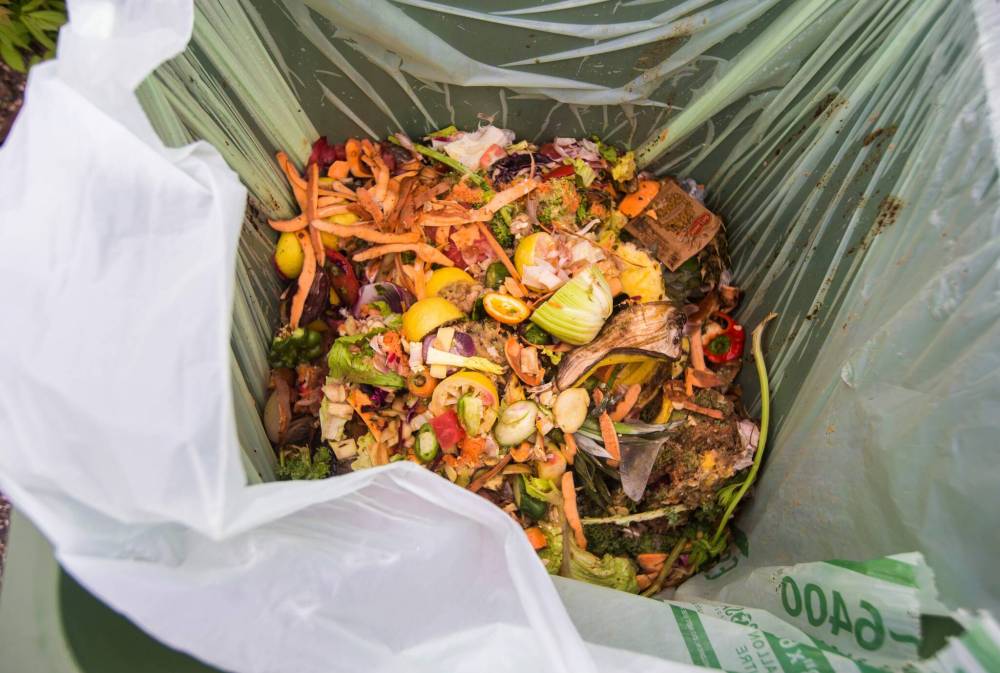
Today’s human life has become quite complicated—thanks to the multifarious inventions of modern technology. Machines of different types and functions developed by scientific pursuits of contemporary times have made human living far more comfortable than hitherto, at least on the face of it. Gadgets and devices to aid our daily life activities have made our chores easier and, in many cases, effortless.
Today, we don’t have to physically exert much to perform most of our daily chores. By harnessing the enormous power of electricity, we have devised machines to perform all our tasks at the press of a button or the click of the computer ‘mouse’. Even tasks like reading, cataloguing, extracting, filtering and interpreting are being outsourced to the latest tool called Artificial Intelligence or AI.
Despite the wonderful gifts of technology, as mentioned above, human peace and happiness are at a great premium. The individual feels vacuous inside, and there is a wanton feeling of fulfilment. There is a grave sense of insecurity pervading all.
Ideas and ideologies are many, and these have been embraced by sets of human beings dispersed all over the globe, but most of such ideologies are at variance with each other in a few or many ways. These ideologies determine fashion, lifestyles, customs, traditions and habits, leading to broad cultural differences. And some of these differences are so sharp that human communities holding them are living in conflict mode, riven by mutual suspicion, fear and insecurity.
Hence, insecurity has afflicted humans at the individual level as well as the community level. Insecurity is the greatest bane of modern times. A businessman feels insecure about the uncertainties of the demand and supply situation, which can affect the market for his traded goods.
A stock trader is ever in fear of the bulls or bears overwhelming the market depending upon which trading position he has taken. An old person is afraid of moving around freely lest he should fall and sustain injuries. An average employee working in the corporate sector is ever afraid to lose his job.
The ruler of a country feels constantly insecure in the face of powerful enemy countries located across its borders. A farmer growing seasonal crops is insecure about his crops because of the vagaries of monsoon rains. A tiny toddler or small child feels insecure when it loses sight of its mother.
Youngsters are insecure about their conjugal relationships. Life is uncertain, and you can never be sure what problem or pitfall you may have to face in the immediate or near future and this future is actually unpredictable. The whole insurance industry thrives on this sense of human insecurity about the future.
Insecurity is a universal reality, and we need to keep provisioning for material resources. But insecurity should not grip us, leading to disruption of mental peace and pesky worry or tension. It will then play havoc with our personality and mar our productivity.
We have to develop a more rational and pragmatic perspective on fear and insecurity. Truly speaking, nagging insecurity is due to factors more internal to us than external. Actually, the nagging sense of insecurity of people in modern times springs from ignorance, illusion and lack of perseverance.
The first and foremost issue of importance in this regard is that we should try to develop a logical, rational approach toward things. Being overly emotional and succumbing to anger, pride, passion, and greed dilutes our sense of objectivity and drags us away from the truth of things. We should try to find out the truth and grasp it in all situations and circumstances.
For this, we need to shed our positive and negative biases towards things and persons and acquire a level-headed approach. Truth is not to be found on the extreme left side or the extreme right side of the emotion spectrum. It is located somewhere near the centre.
When insecurity comes from factors external to us which are largely not in our control, we must understand that peace-disrupting forces are generated by running faulty paradigms of living which are not consistent with core, divine truths handed down to us by the creator in the primal scriptures called the Vedas. We should refer to these divinely ordained scriptures to align our institutional systems with eternal, core truths expounded therein. Life is beautiful and precious, and each one of us has the right to peaceful and progressive living.
Celebrating the uncertainty of life and controlling the fear triggering internal and external factors can render our lives very peaceful and optimistic and banish insecurity. Atul Sehgal is the author of Guide to Inner Wellness and can be contacted at [email protected].














